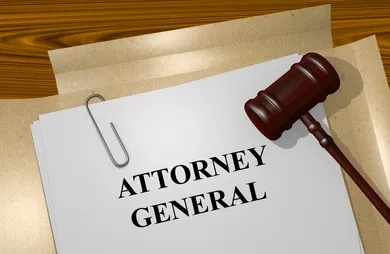Who is the Attorney General of India and Law Officers in India? This question often comes to the mind of law students and those who are related to the field of law. Well Here we are Today we discussed the work and how they are appointed in India.
Certain law offices at the Union and State levels exist to advise the executive wing of the government. These law officers are taken up by law officers, who derive their mandate from the Constitution or other statutory enactments and rules. The Attorney General is the first legal officer in the country. The Attorney General of India is appointed by the President of India under Article 76 of the Constitution, which states that he can hold the office at the pleasure of the President. The Attorney General must be a person qualified to be appointed as a Judge of the Supreme Court, possessing adequate legal practice or have served as a judge for a requisite duration as mandated by the Constitution. It is the duty of the Attorney General for India to give advice to the Government of India upon legal matters and to perform other duties of legal character as may be referred to or assigned to him by the President. In performing his duties, he has the right to appear in the Courts. This is known as a right to the audience given to the Attorney General. He may also take part in the proceedings of the Parliament without a right to vote. In the discharge of his functions, the Attorney General is assisted by a Solicitor General and four
Additional Solicitors General. The position of the Solicitor General and Additional Solicitors General is not recognised in the Constitution. However, they are governed through rules enacted by the Parliament.
Similar to the Attorney General of India, the position of Advocate General exists at the state level. An Advocate General is a senior law officer who acts as a legal adviser to the State Government. According to Article 165 of the Constitution, Advocate General is appointed by the Governor of the respective state. The Advocate General is the chief legal advisor of the State and performs duties of a legal character including representing the State before the courts either through himself/herself or through the law officers or pleaders appointed by the State. The qualification required for appointment as an Advocate General is similar to that of a judge of a High Court. The office of an Advocate General is held during the pleasure of the Governor, who also determines the nature of remunerations for the Advocate General. Additional Advocate Generals are also appointed to assist the office of the Advocate General.
In Short : The Attorney General is the first legal officer in the country. The Attorney General of India is appointed by the President of India under Article 76 of the Constitution. It is the duty of the Attorney General for India to give advice to the Government of India upon legal matters and to perform other duties of legal character.
lawmonitor.in



